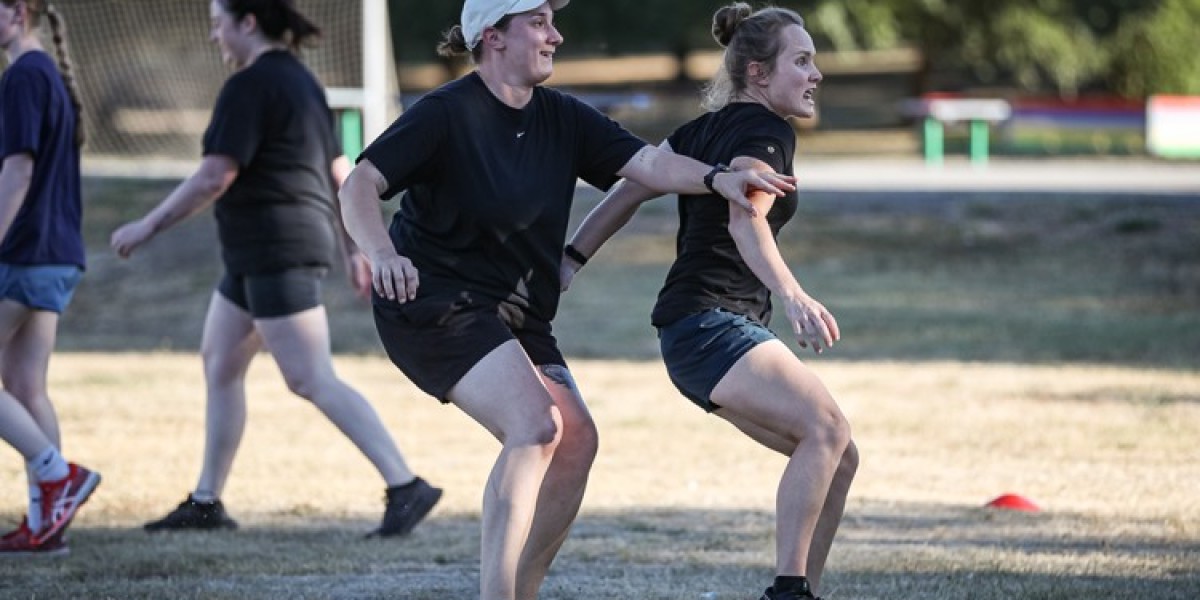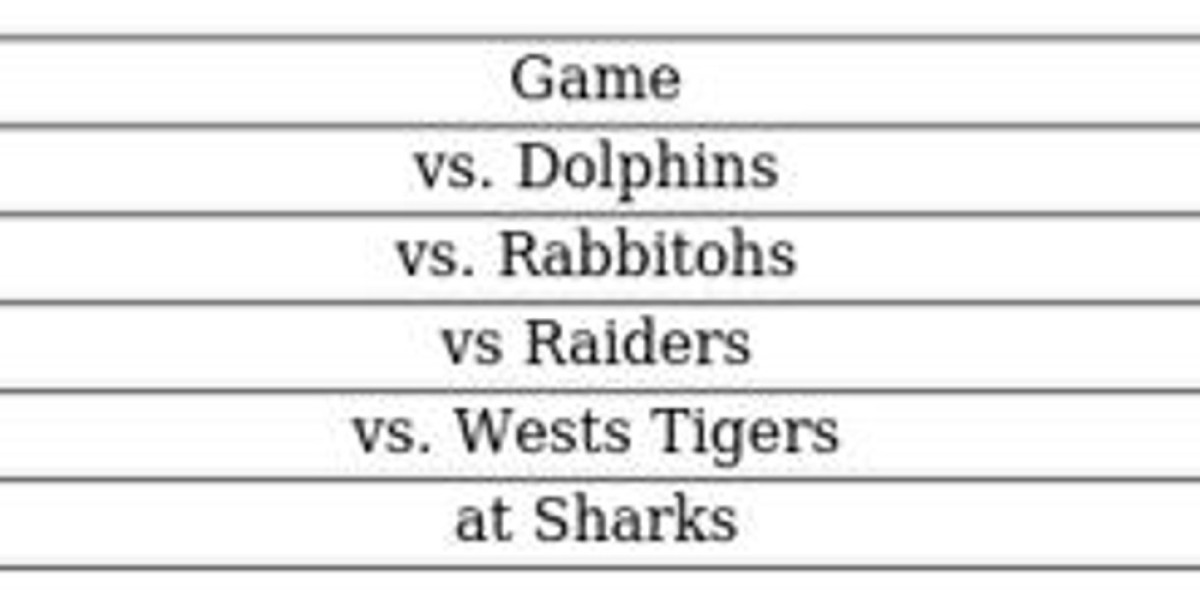Challenges in Women's Football
Female Football Teams Face Challenges Amid Growth
The landscape of women's Australian football is experiencing both unprecedented growth and significant challenges. Since the establishment of AFLW in 2017, female participation has skyrocketed from just 600 players in 2015 to approximately 600,000 nationwide today.
Despite this remarkable expansion, numerous women's teams are struggling to maintain viable numbers, with some forced to disband entirely. This issue appears particularly acute in regional communities where resources are often more limited.
A notable case has emerged at Kyneton Football Netball Club, where the women's team has separated to form an independent organization following reports of a problematic environment. While club officials have rejected these claims, the situation has prompted AFL Victoria to launch a formal review.
Strategic consultant Taryn Lee, who previously contributed to Collingwood Football Club's "Do Better" initiative, will assist with the investigation. The review comes amid broader concerns about the integration of women's teams into traditionally male-dominated sporting institutions.
Players across Victoria have voiced frustrations regarding inequitable resource allocation, insufficient support structures, and cultural incompatibility. Many advocates within women's football argue that successful integration requires fundamental cultural shifts that acknowledge and accommodate the distinct needs of female athletes.
The challenges highlight a critical question facing Australian football: how can established clubs effectively transform their operations and culture to genuinely support women's participation in what has historically been a male-centered sporting environment?
As a veteran of women's Australian rules football, I've witnessed the troubling pattern of female teams dissolving across Melbourne's southeastern suburbs.
My journey through three disbanded squads highlights a concerning trend in local sports. Most recently, Seaford Football Netball Club eliminated its women's program despite having fielded two competitive teams just months earlier.
Similar situations unfolded at Mount Eliza, where the inaugural women's team lasted only a single season in 2016, and at Frankston Bombers, where post-pandemic recovery efforts for the women's side were unsuccessful.
Beyond just player numbers, these dissolutions point to deeper issues. During my time serving as women's football director at Seaford before stepping down mid-season, I observed firsthand the challenges female players faced.
Many of us who competed at these clubs have voiced concerns about inequitable treatment compared to men's programs and frustration with leadership's apparent unwillingness to address these disparities meaningfully.
A Growing Crisis: Women's Football Teams Disbanding Across Australia
Many female athletes are questioning their place in community football as numerous teams fold due to alleged insufficient support and unequal treatment.
"After multiple conversations with club leadership, we found ourselves repeatedly asking why we're still having to fight for our right to play in 2024," revealed one player who requested anonymity to speak candidly about her experience at her former club.
This sentiment echoes across multiple regions as women's teams struggle to maintain viable numbers. The Mornington Peninsula Football Netball League has witnessed significant team reductions, with prominent clubs like Sorrento, Devon Meadows, and Mount Eliza all facing participation challenges.
The situation extends beyond Victoria. In Tasmania, historic women's teams including Evandale have entered recess for the upcoming season, while Brighton has completely withdrawn from competition. Meander Valley narrowly avoided the same outcome following community intervention.
Club responses typically acknowledge difficulties while promising future improvements. One affected organization stated they "recognize the challenges" and are "committed to rebuilding a vibrant and supportive women's program" with plans to relaunch in 2026.
These developments align with concerning data from the Change Our Game survey, which found 28 percent of female community sport participants had considered leaving their clubs due to perceived inequitable treatment. The study, which gathered responses from 670 Victorians, also revealed that more than half reported experiencing gendered discrimination, while 55 percent witnessed sexist language or jokes in sporting environments.
Some teams have attempted to address player shortages through mergers, with Cerberus joining forces with Crib Point, and similar combinations between Balnarring and Red Hill allowing continued participation despite individual club challenges.
Challenges in Women's Sports
Kellie Sanders, a lecturer at La Trobe University, has conducted extensive research on the challenges faced by women in sports such as Australian rules, rugby, soccer, and American football globally. According to her, women are frequently subjected to "second-class treatment," particularly when it comes to accessing resources and facilities.
Dr. Sanders highlighted that the cultural devaluation of women who play football is a significant issue. Her research indicates that the values and beliefs of those in authority positions significantly influence the level of support provided to women's teams.
Chyloe Kurdas, a pioneer in elite women’s football and an AFLW commentator, has been involved in women's footy since she played for Parkdale and Melbourne Uni in the late 1990s and early 2000s. She noted that with the introduction of the AFLW, there was a rush of enthusiasm to establish women's teams at existing clubs. However, this enthusiasm often lacked a clear understanding of how to ensure the long-term sustainability of these teams.
In the landscape of women's sports, the most sustainable and thriving organizations have emerged from female-centric leadership models. Research indicates that clubs exclusively managed by women, such as those at Melbourne University and Darebin, demonstrate remarkable longevity and success.
Interestingly, teams like Diamond Creek and Western Spurs initially operated within male-dominated club frameworks but ultimately flourished after establishing independence. This pattern suggests that autonomy allows women's teams to prioritize their specific needs rather than competing for resources.
The fundamental difference lies in the decision-making approach. Women-led organizations implement top-down strategies with female athletes' requirements as the central focus, creating environments specifically designed for their development and success.
Conversely, when women's teams integrate into established male-oriented structures, they often encounter a conditional support system. This typically manifests as basic provision of equipment, coaching, uniforms, and training facilities—but only when these allocations don't interfere with men's programs. Such secondary consideration creates inherent limitations for female athletes and teams trying to reach their full potential.
Cultural Divide in Football Clubs
The integration of women’s teams into historically male-dominated football clubs has exposed deep-rooted cultural divides, with advocates highlighting a lack of structural and emotional support.
Traditional club environments, often steeped in hypermasculine norms, clash sharply with the inclusive, queer-friendly spaces many women’s teams strive to cultivate.
Implicit prioritization structures within clubs frequently sideline female athletes, leaving them feeling undervalued and unsafe in environments ostensibly meant to support all players.
Experts argue the psychological toll of navigating these spaces is profound, as women already confront societal barriers to participating in contact sports like Australian rules football.
Successful integration, they stress, demands intentional investment in reshaping club cultures—a step many organizations have neglected, assuming mere coexistence would suffice.
The absence of collaborative efforts to redefine shared values and operational priorities has led to fractured relationships and, ultimately, team collapses.
Despite repeated calls for accountability, governing bodies like the AFL have yet to publicly address these systemic challenges or propose concrete solutions.
What is a Kayo Sports VPN and How to Get One
A Kayo Sports VPN is a Virtual Private Network that enables users to stream content from Kayo Sports, even if they are in a location where the service is not available. To get one, simply select a reliable VPN service, download and install their app on your device, and connect to a server in Australia. Once connected, you can sign in to your Kayo Sports account or create a new one to begin enjoying your favorite sports.
Why Choose SafeShell as Your Kayo Sports VPN?
If you're looking to access region-restricted content on Kayo Sports, SafeShell VPN might be the perfect solution for your streaming needs. The SafeShell VPN offers numerous benefits that make it the best vpn for kayo , ensuring you never miss your favorite sports events regardless of your location.
- Enjoy buffer-free streaming with SafeShell's high-speed servers that are specifically optimized for Kayo Sports, delivering crystal-clear HD content without interruptions
- Connect up to five devices simultaneously across various platforms including Windows, iOS, Android, and Apple TV, allowing your entire household to enjoy sports content
- Experience the exclusive App Mode feature that lets you access multiple regional libraries at once, expanding your viewing options beyond just Kayo Sports
- Say goodbye to throttling with SafeShell's unlimited bandwidth and blazing fast connection speeds that ensure smooth playback even during peak viewing times
- Protect your online identity with the proprietary "ShellGuard" protocol that keeps your streaming activities private and secure from prying eyes
A Step-by-Step Guide to Watch Kayo Sports with SafeShell VPN
Accessing Kayo Sports with a Kayo VPN like SafeShell is straightforward and enhances your streaming experience. Here's how to get started:
- First, head to SafeShell VPN's official website and select a subscription plan that matches your viewing needs
- Download the SafeShell application for your specific device, whether it's a smartphone, tablet, or computer
- After installation, open the app and log into your account using your credentials
- For optimal Kayo Sports streaming, select APP mode in the SafeShell interface
- Browse through the server list and connect to an Australian server to unlock full Kayo content
- Once connected, launch the Kayo Sports application or visit their website in your browser
- Sign in with your Kayo account details and start enjoying unlimited sports content without regional restrictions







